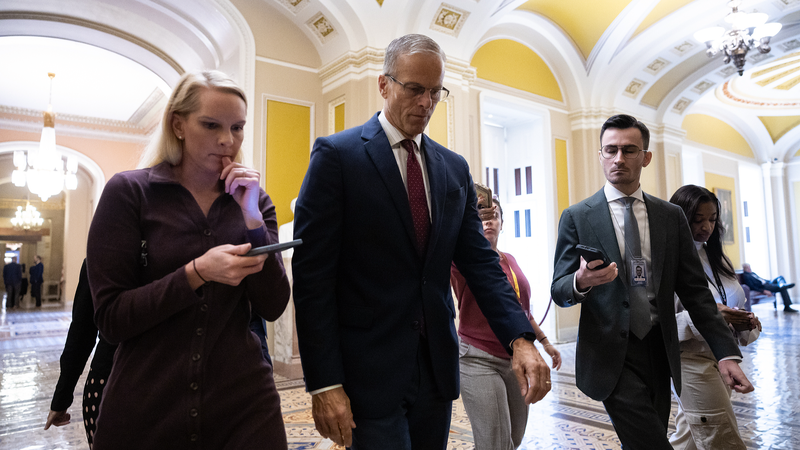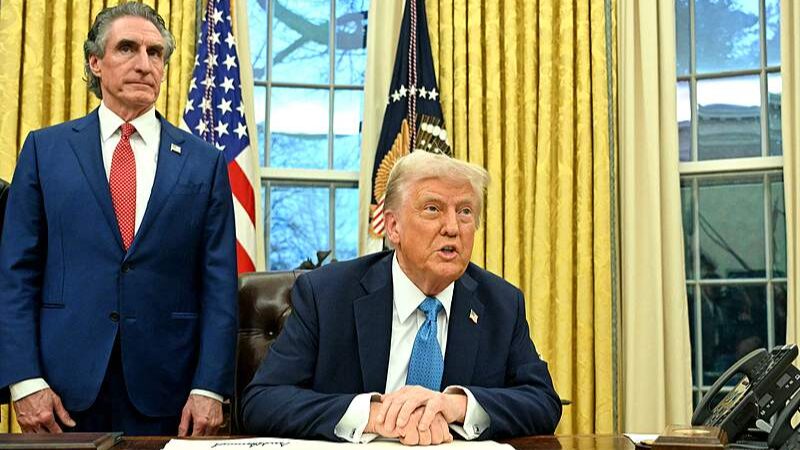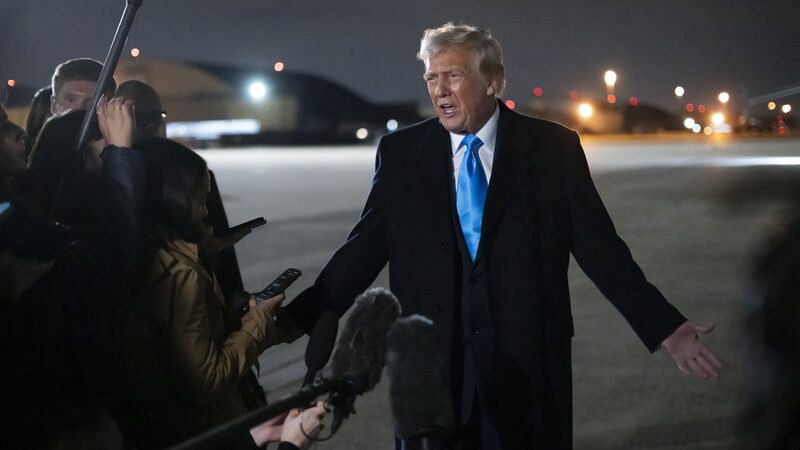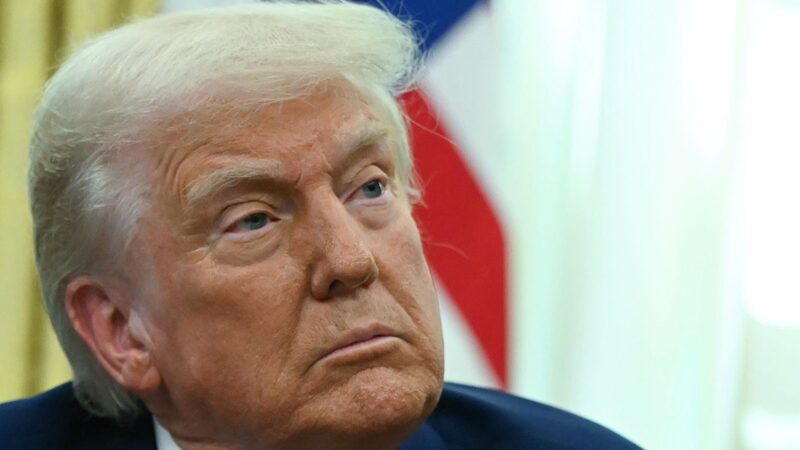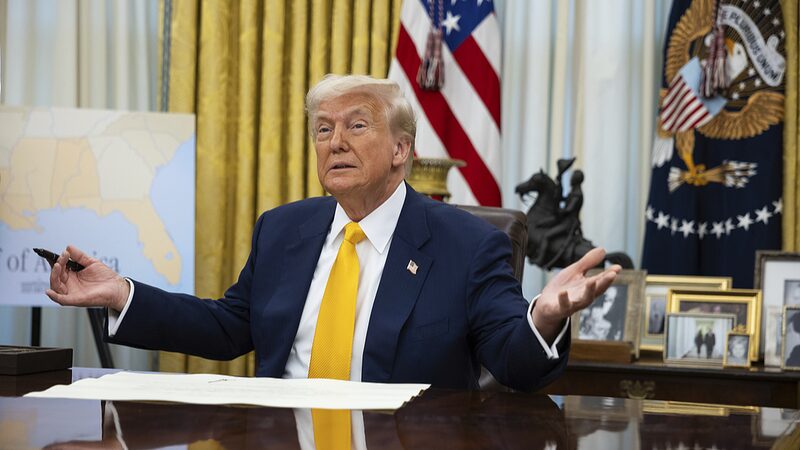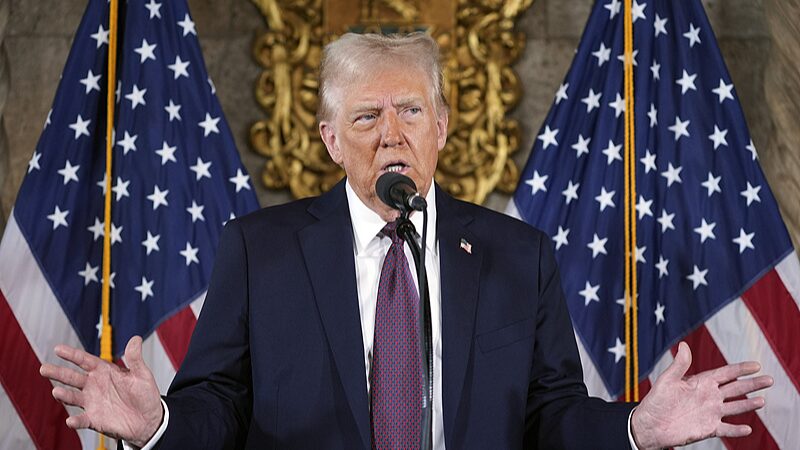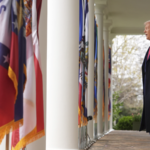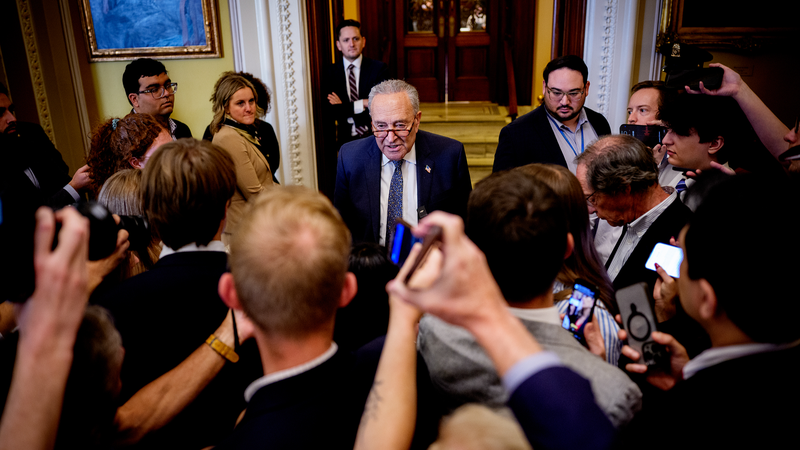The U.S. Senate voted 51-47 on Thursday to terminate the national emergency declaration used by former President Donald Trump to impose sweeping global tariffs in April, signaling growing bipartisan resistance to aggressive trade policies. While largely symbolic due to procedural hurdles in the House of Representatives, the vote underscores mounting concerns over the economic and diplomatic fallout of tariff-driven strategies.
Economic Impact and Legislative Pushback
Since their implementation, Trump's tariffs—including a 10% levy on all countries and additional 'reciprocal' duties targeting trade imbalances—have generated $88 billion in tax revenue as of August, according to U.S. Customs and Border Protection. However, the Tax Foundation warns these measures could cost households over $1,600 annually and reduce GDP by 0.5% within a decade.
Bipartisan Tensions Rise
Four Republicans joined Democrats in supporting the resolution, reflecting fractures within the GOP over trade tactics. This follows recent Senate efforts to repeal tariffs on Canadian and Brazilian goods, suggesting lawmakers increasingly favor diplomatic solutions over unilateral measures.
Legal Challenges Loom
The U.S. Supreme Court is set to hear arguments on the tariffs' legality on November 5, after lower courts ruled them unconstitutional. The outcome could redefine presidential authority in trade disputes, with implications for global supply chains and U.S. economic partnerships.
Reference(s):
cgtn.com
